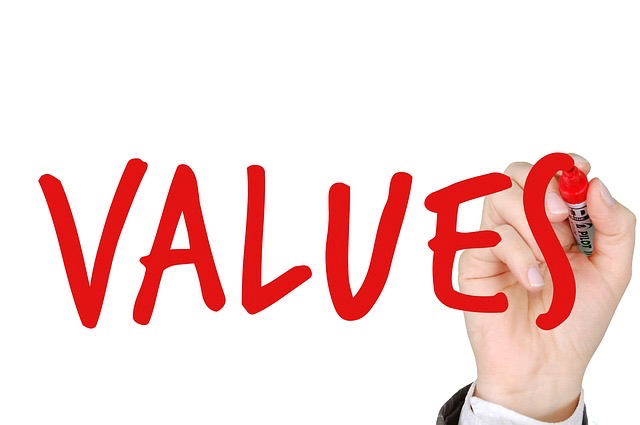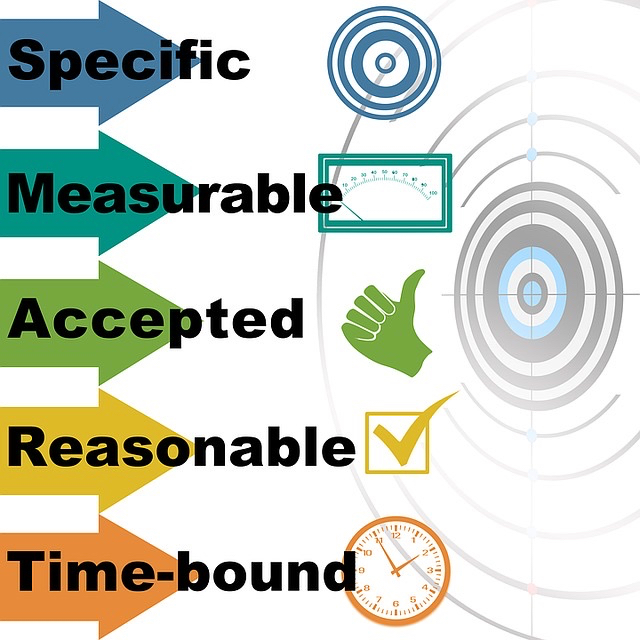You know the old saying “What comes first, the chicken or the egg?” The answer depends on who you ask. The same can be said for core values, goals, and vision. Which should come first?
One could argue, without a vision what goals would you set? Or, without core values what vision would you cast or dream about?
Whichever you put first there are some factors that are important to consider for each category.

Core Values
As you think about your core values, you must go deeper and deeper. When you think of a value, relationships for instance, you need to determine if that word is the core. So for relationships, do you value all relationships equally? Is family more important than the relationships that influence your decisions more than your work relationships? Are your friends a key component in how you live your life? If your work presented an opportunity for you to take an amazing new job but it required you to move away from friends, but to an area where family lived would you consider it? And if you flip that… if the job required you to move away from your family would you entertain the opportunity? What if this is a value of an organization? Does the organization value all relationships (employees and customers) equally?
If you start to dig in deeper and ask those key questions, you will eventually arrive at the core values.

Goals
Achieving. Making things happen. Completing. Getting things done.
However you phrase it we all want to feel like we have accomplished what we needed to or wanted to accomplish. Yet, so often we think about doing something but put no time frame to it or no detail and then wonder why it didn’t happen.
Setting goals for yourself, your team, or your organization will absolutely help you move forward. Every goal does not necessarily have to be written down or agonized over. You may decide today I am going to clean out my desk drawer, so you sit down in your office and do just that. Done. You just moved forward in making your desk drawer more organized.
There are some goals that require more thought, more detail, and need to be written. Lets say you are 30 and want to retire at 65. That could be a great goal, but if you don’t start building goals into your life now, the likelihood of that happening, short of a huge sum of money coming your way, is slim.
Consider setting SMART goals. Specific-Measurable-Attainable-Relevant-Time-focused
For example, to go with your retirement goal, your SMART goal might be: Retain a financial investment planner before I turn 31 to help me set up a financial plan to retire at 65. This goal meets the SMART goal criteria. You may need to take an overall goal and break it down to smaller goals.

Vision
What do you see for your future? What do dream you could do?
Our vision is future oriented. It focuses on our or the organization’s purpose and aspirations. If you are defining a vision statement, they are typically brief. Consider the question: Where is this organization going or where do I want to go/do in the future?
Conclusion
It is important to remember arriving at the core values, SMART goals, and vision may take time but you will be so glad you took the time when you find more satisfaction and success as you apply them.
Contact me at [email protected] if you would like help working on these.


